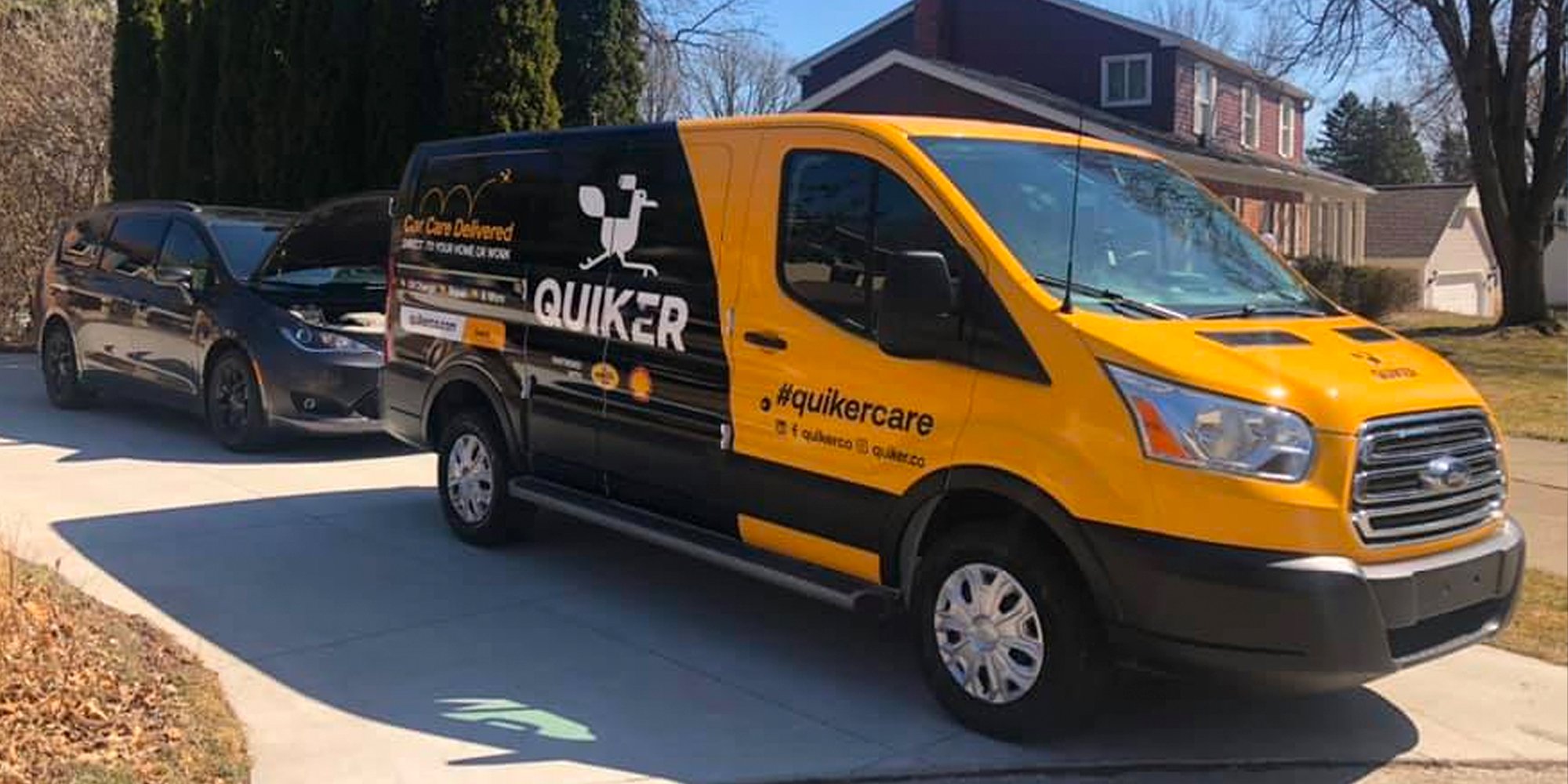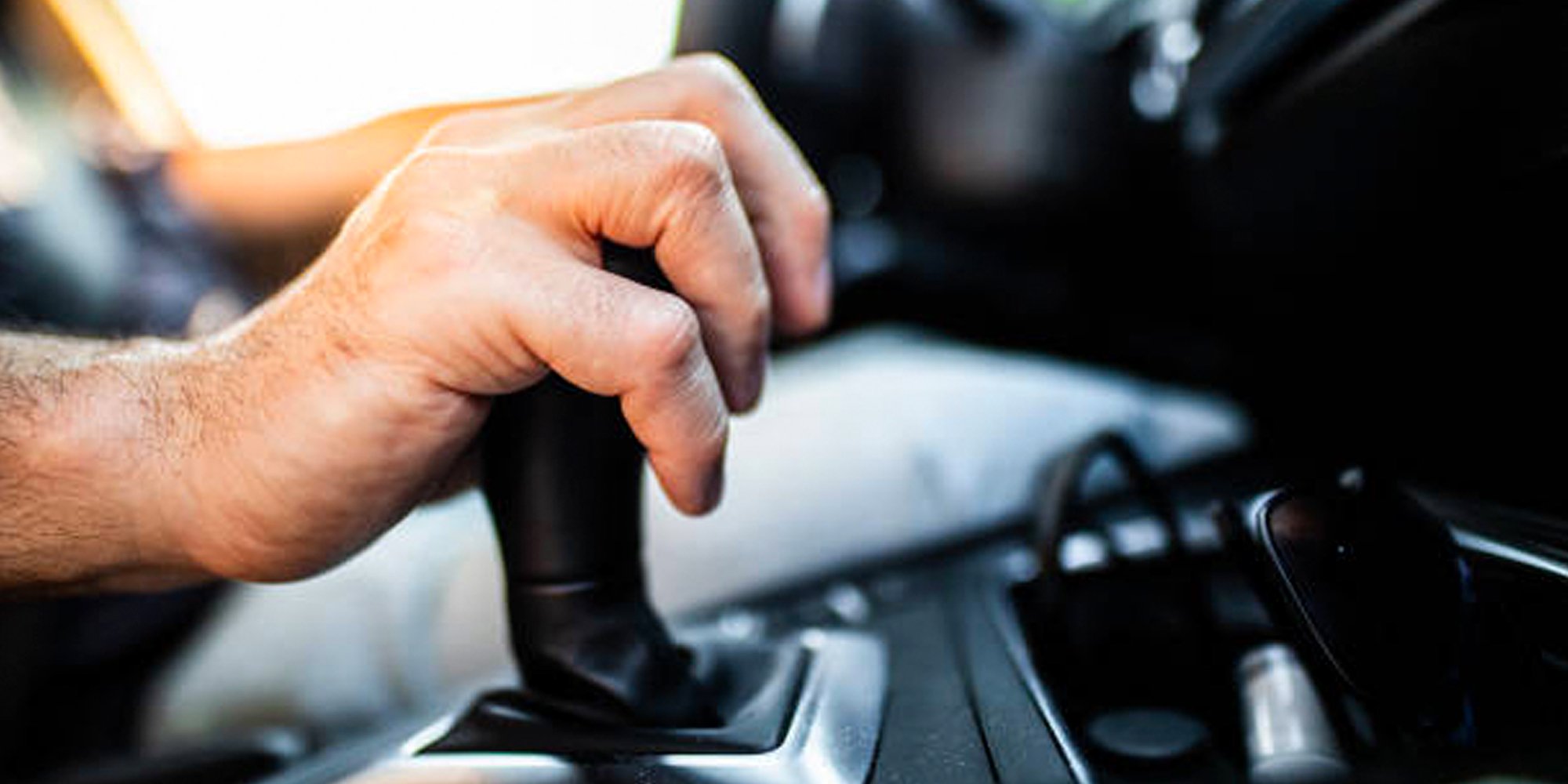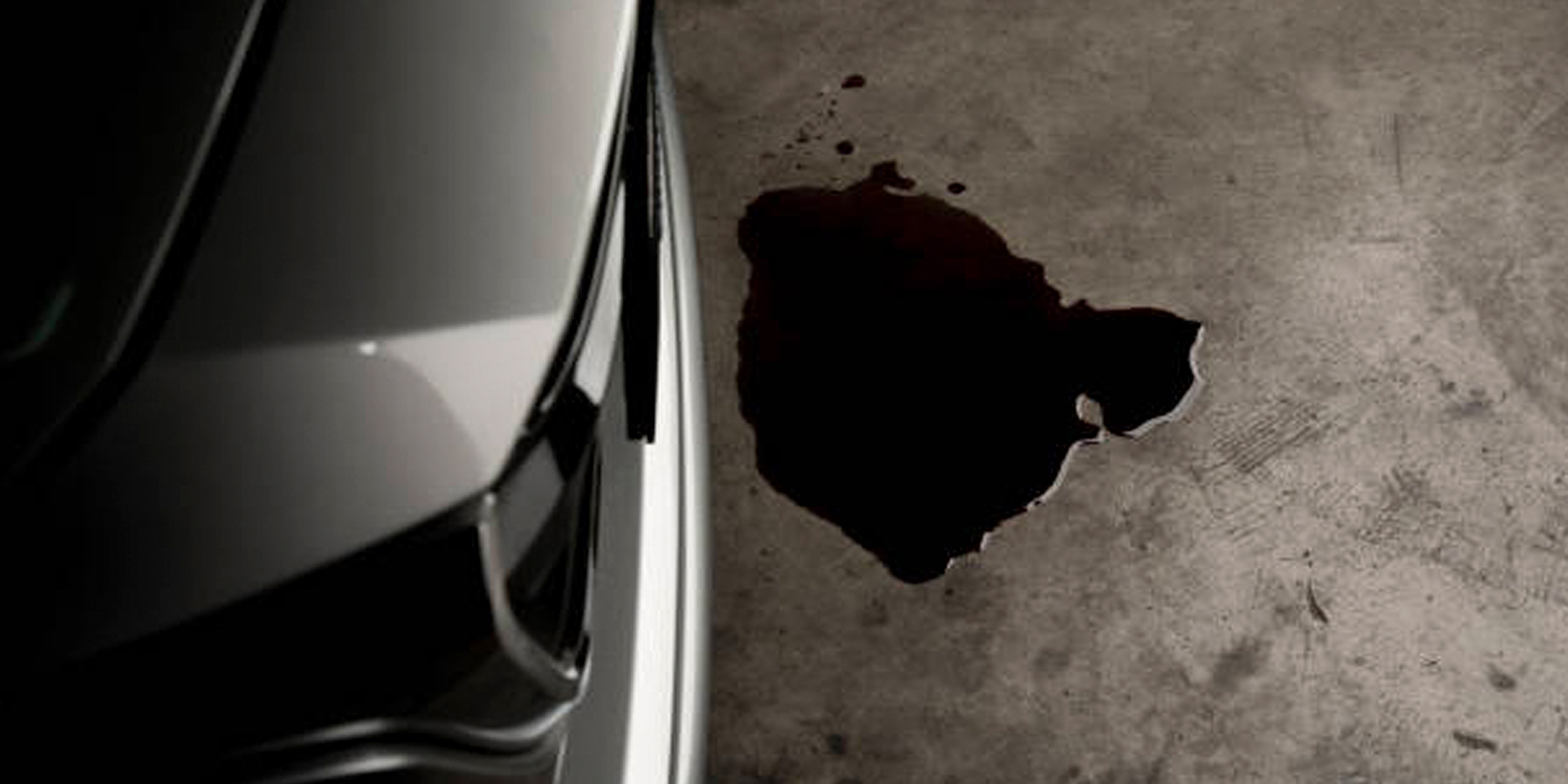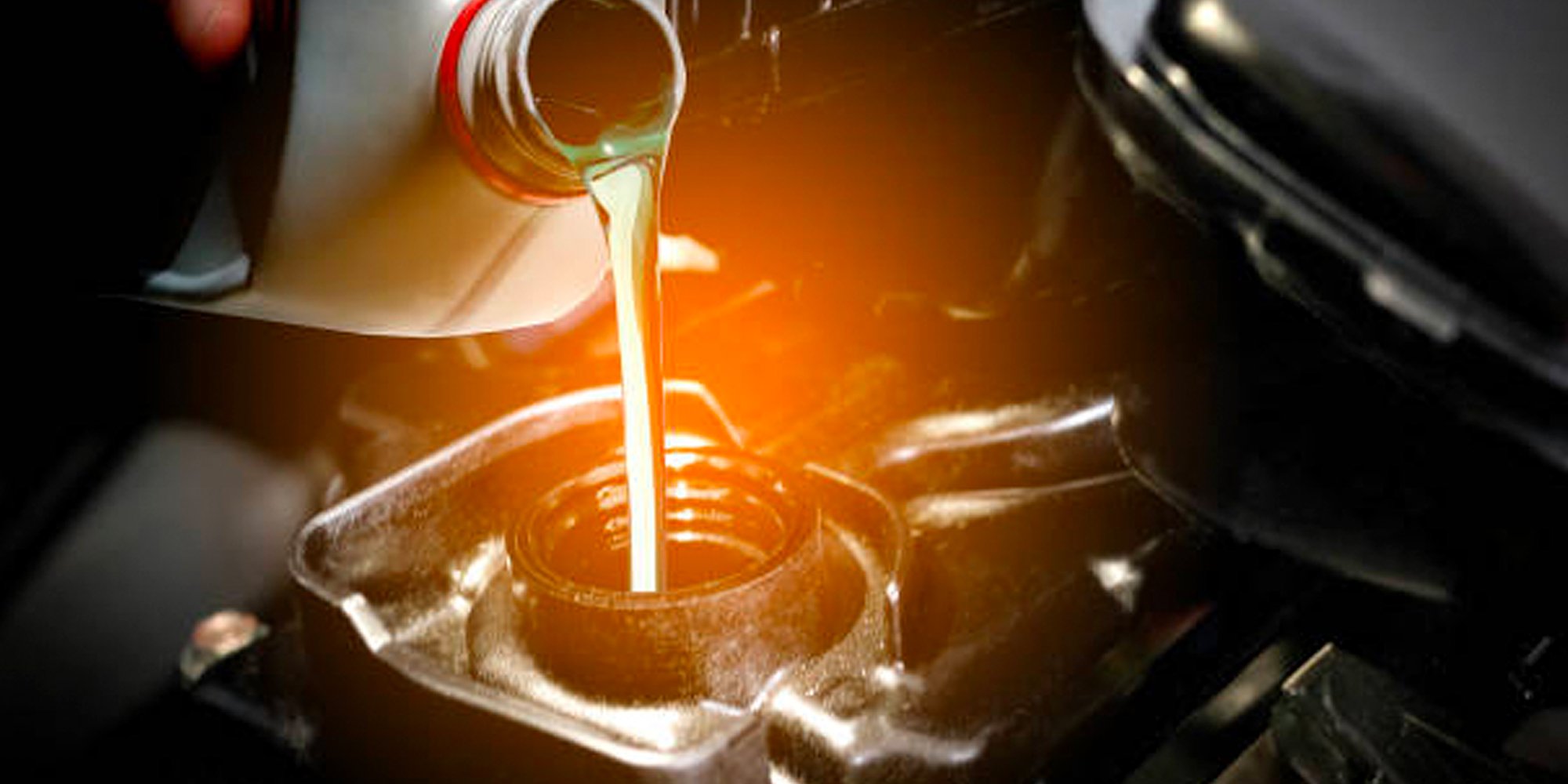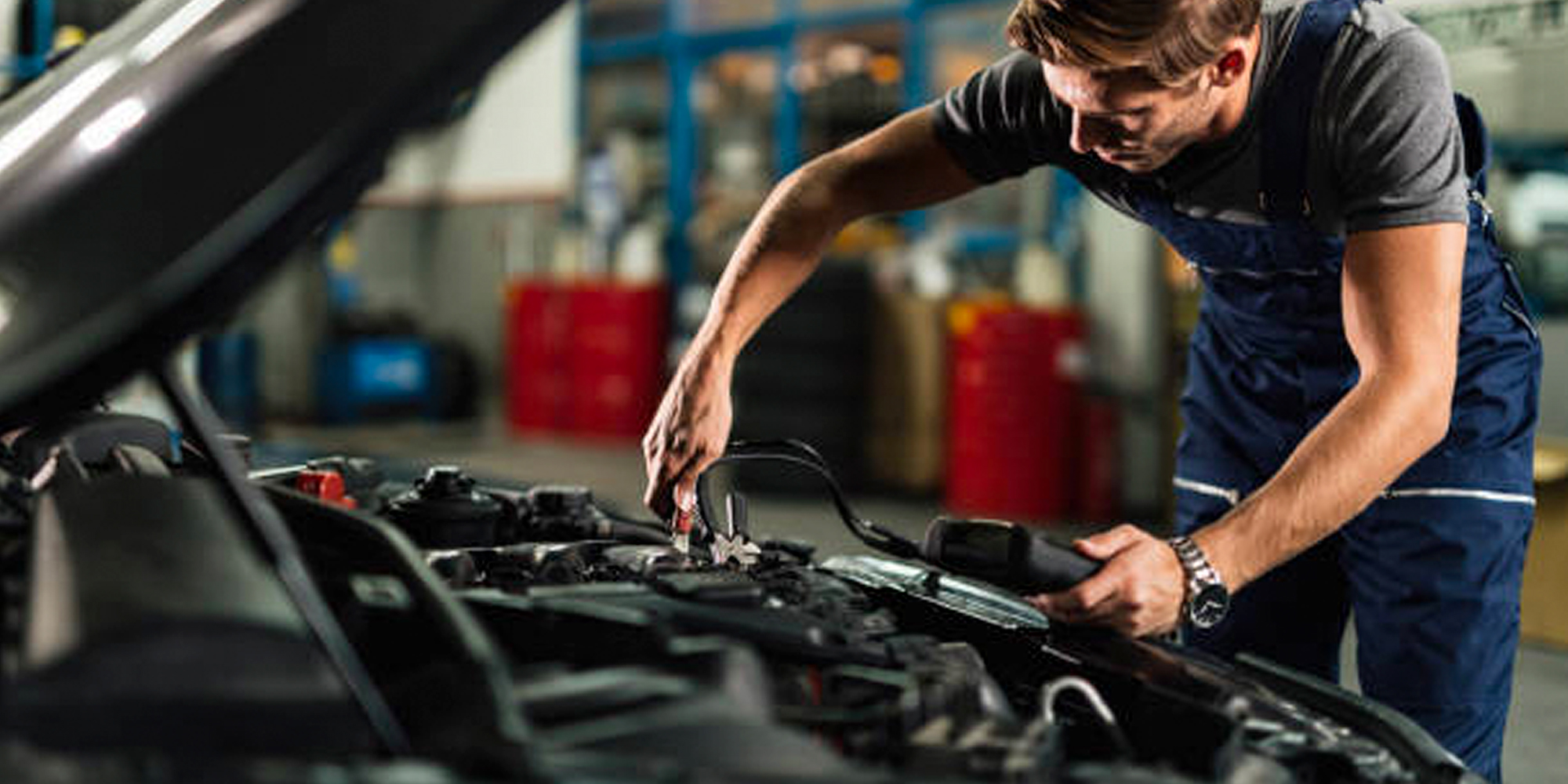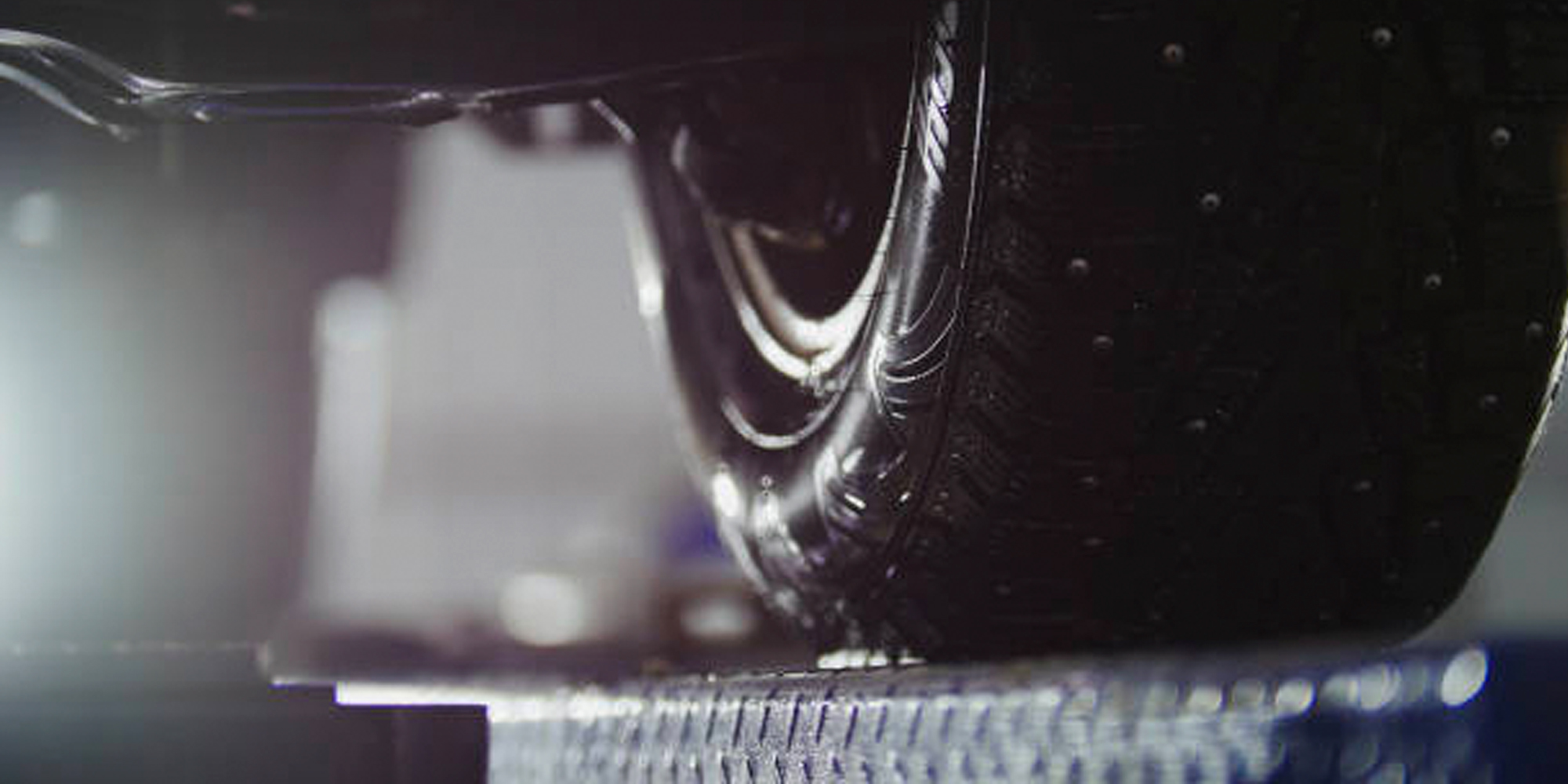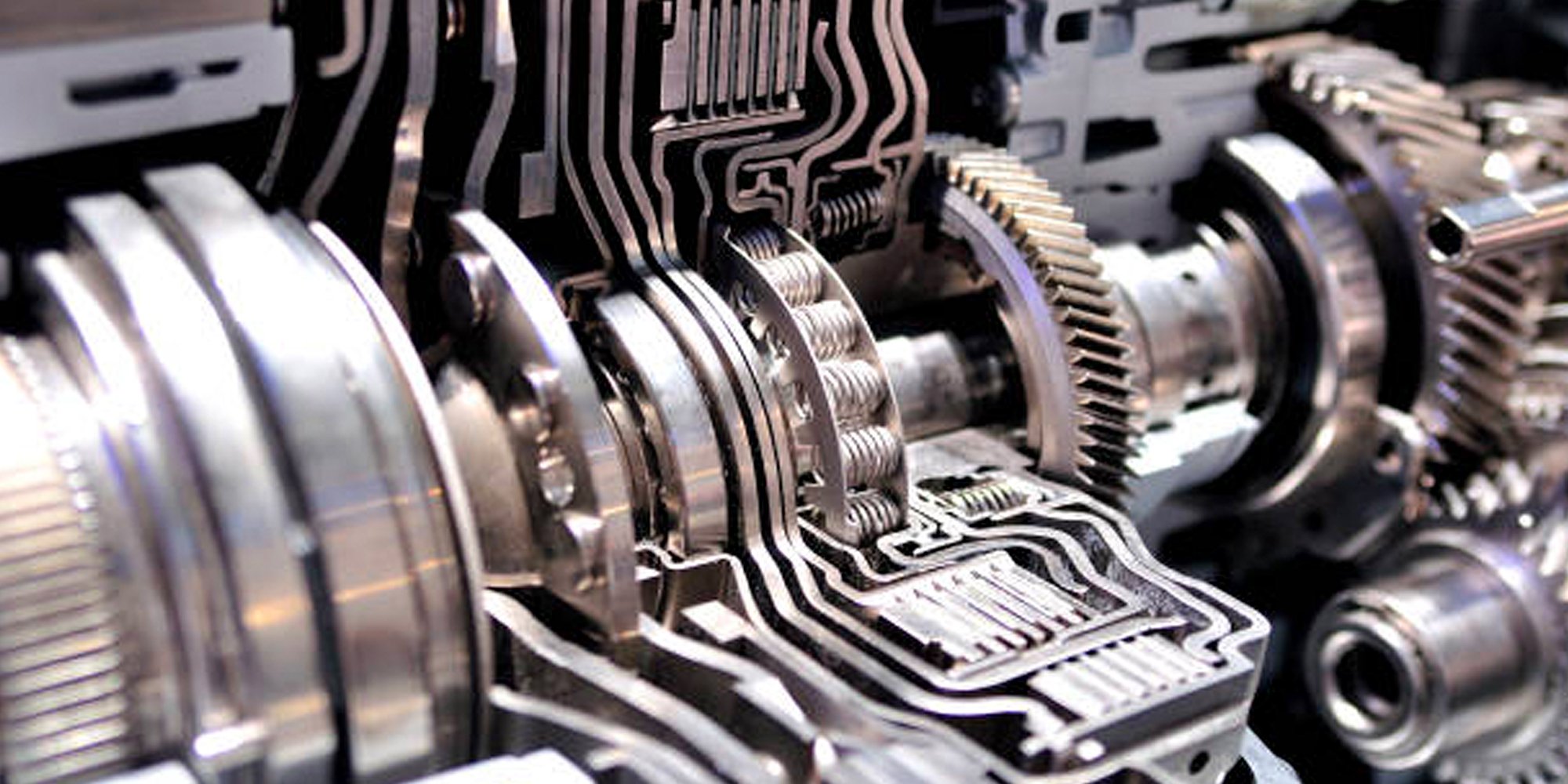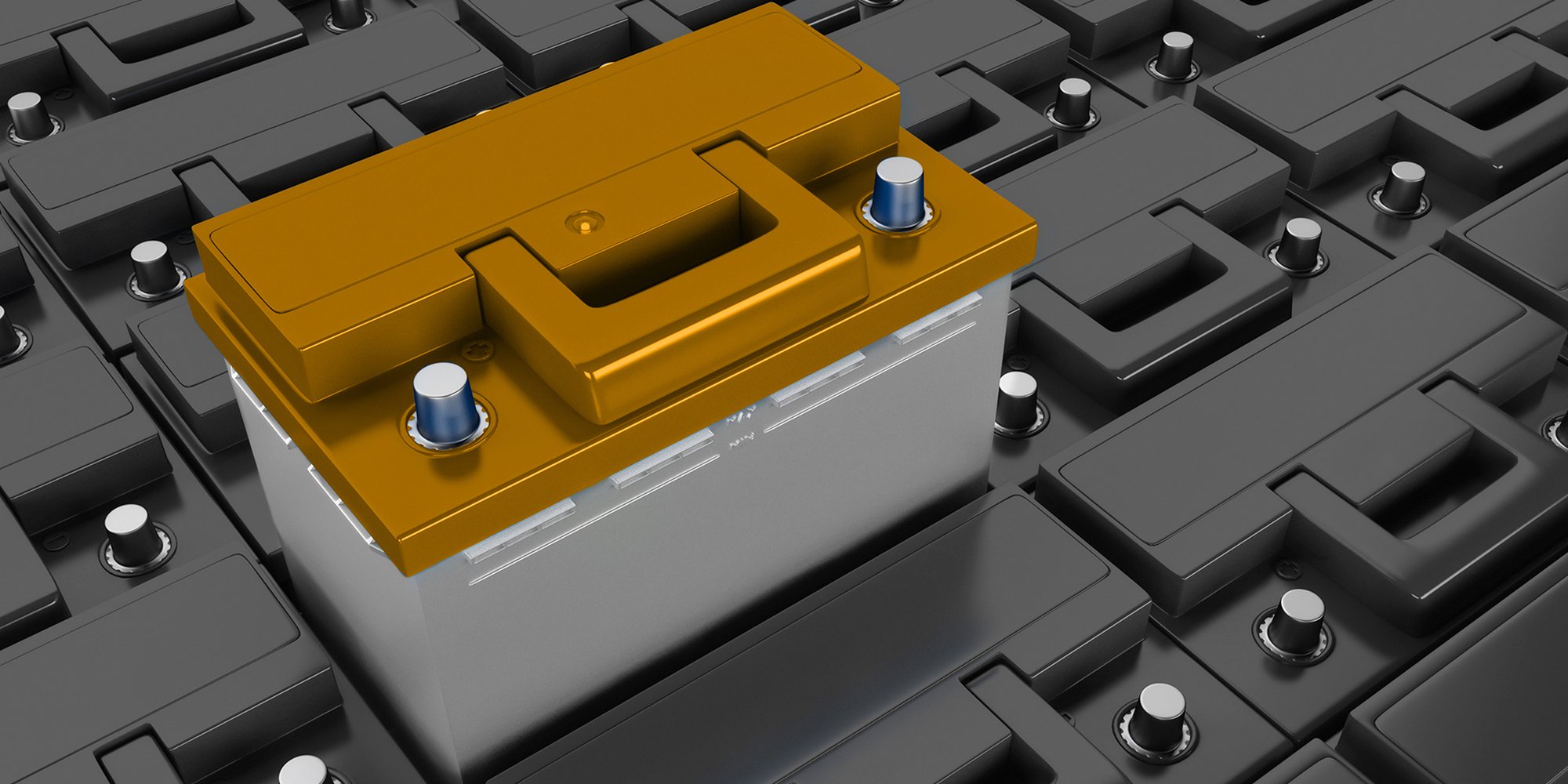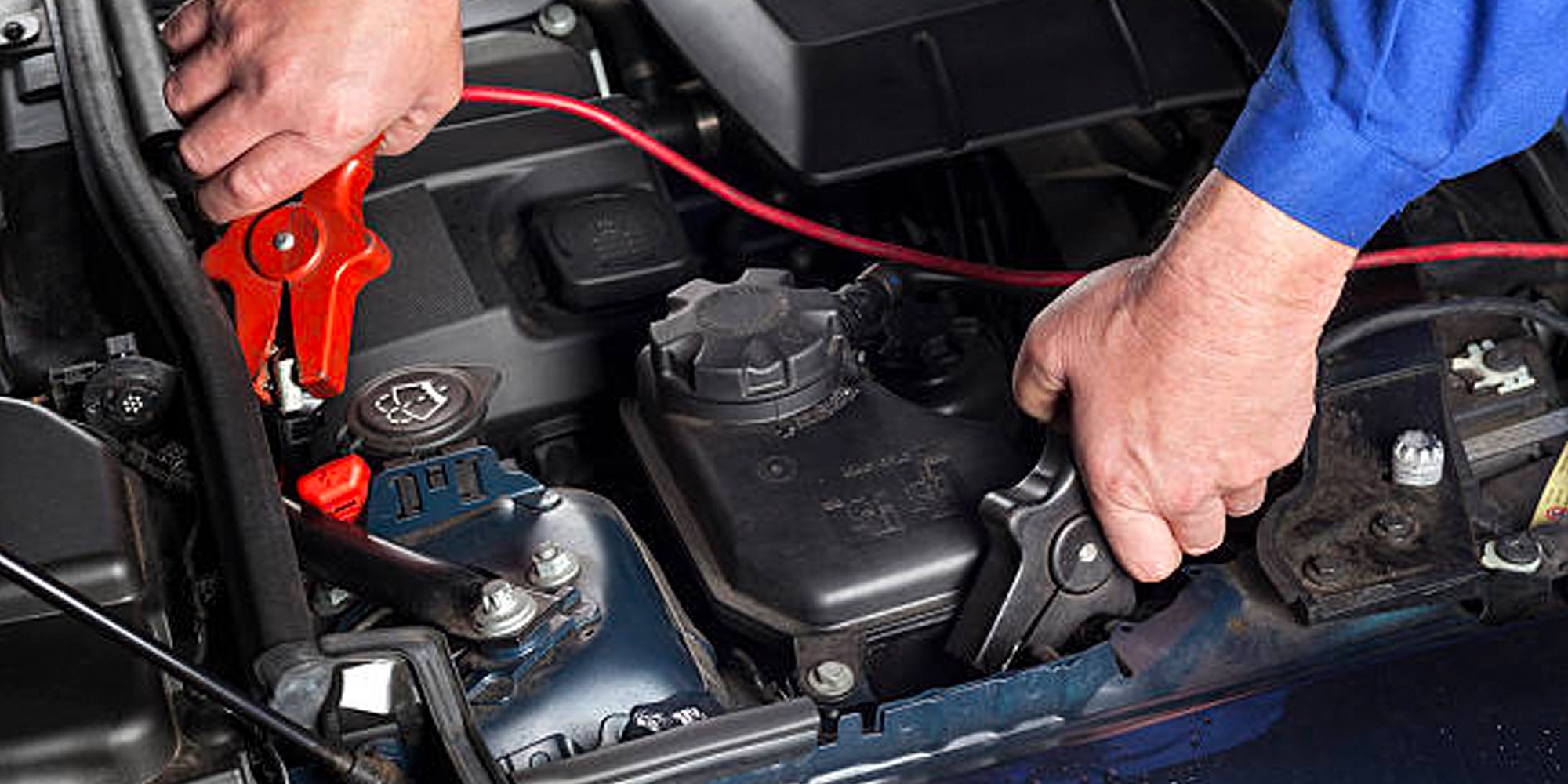Quiker Blog
News and updates

Common Reasons Your Car Won't Start & How to Fix
You just finished grabbing some groceries at the food market and hop in the car to head home. There’s a problem: the engine won’t start. The engine seems like it’s trying to turnover, but you’re still in the parking lot. Frustrated that your car won’t start, you try to figure out what’s going on.
Common Reasons Your Car Won't Start
Without a mechanic’s background, figuring out what’s wrong with a vehicle can be frustrating. So, before you ask yourself, “Why the engine won’t start?,” let’s explore some of the most common reasons for a car not starting.”
Dead Car Battery
If your car won't start, but there’s a clicking noise, then chances are it’s a dead battery. This is the most common reason for your car not turning over, and it can be due to several factors.
- A loose connection with the battery terminals
- Headlights or interior lights being left on overnight
- The service life of the battery has expired
- Failing alternator
How To Fix A Dead Car Battery
Fixing a dead battery could be as simple as cleaning and tightening the terminal cables that connect your car to the battery. This is always the first thing to check.
Next, look for an engaged switch for the headlights or cabin light. If you see one of these in the “on” position, you’ve probably found the culprit. From there, jump-start the car (either call for professional help or carefully review your vehicle’s owner manual for jump-starting instructions).
Assuming the car starts up, let it run for a while to charge. However, don’t assume that once the battery is resuscitated that everything is perfect. So, unless a light was left on or a cable was loose, you’ll want to know what caused your battery problems. A professional mechanic can easily determine if your battery’s lifespan is over (this typically can range from two to five years) or if the alternator has seen better days.
Bad Starter Motor
A faulty starter is another cause for a car not starting, especially if you’ve got six figures of mileage on the odometer. The starter is powered by the battery and briefly engages the engine components until the fuel ignites, and cylinders start moving. Along with the car not starting, a loud clicking noise is a classic symptom of a bad starter motor.
Fixing A Bad Starter Motor
The most important thing to do when dealing with a potentially problematic starter is to get to the heart of the situation. That’s the job of a professional mechanic who can isolate the trouble and confirm the problem is indeed the starter and not another element of the electrical system like the battery or alternator.
Faulty Alternator
Think about all the things in your car that are reliant on battery power. Going beyond the starter, this can include the infotainment system, climate controls, heated seats, and power windows and locks. It’s a long list of essentials that are all dependent on the proper operation of the battery. Powered by the engine, your car’s alternator is a generator that continuously charges the battery. When an alternator fails, it can easily seem like it's just a bad battery. And that’s because a discharged battery (and a car that won’t turn over) is a symptom of a bad alternator.
Fixing A Faulty Alternator
Like a bad starter motor, a faulty alternator is best diagnosed by a professional technician who can first rule out other trouble areas.
Defective Ignition Switch
If the engine won’t crank over, but your headlights and other electrically operated systems function normally, then a defective ignition switch may be at fault. Depending on your car, this can involve a key-operated switch or a push-button setup. Both types of devices control the transfer of power from the battery to the starter motor. Problems could range from a worn-out key-operated switch to a damaged anti-theft system.
Fixing A Bad Ignition Switch
A first step in checking for a defective ignition is using your car’s other ignition key. If the car starts, you know the problem lies with the first key, not the ignition. Beyond this, you’ll need a mechanic to trace the source of the problem.
Faulty Fuel Tank
If your car is cranking but not starting, then the problem could be with the fuel system, which could be as simple as an empty fuel tank. Don’t laugh; it happens. So, of course, check the fuel gauge if your car cranks but won’t start. A related issue could be a defective fuel measurement system which involves the sending unit in the gas tank or the gauge in the instrument cluster.
Fixing A Faulty Fuel Tank
If you’ve run past the empty point on fuel, then it’s an easy fix. Using an approved gas can, refill the tank with at least two gallons of fuel. Pump the accelerator a couple of times to help the gas through the system. Next, turn the key to the first on position without engaging the engine to start--this prepares the fuel pump and fuel injection system. Wait a few minutes and then fully start the car. If this fails, turn the ignition off, wait a few minutes, and repeat the process. If the problem is with the gas gauge, then have a mechanic check things out.
Clogged Fuel Filter
An engine that cranks but fails to start could also mean a clogged fuel filter. This can be even more likely if you have a habit of running your car with an almost empty fuel tank. In these situations, the debris at the bottom of the tank can get sucked into the fuel filter and block the normal flow of gas to the engine.
Fixing A Clogged Fuel Filter
Most vehicle manufacturers recommend replacing the fuel filter every 25,000 to 50,000 miles. So, if you follow these guidelines (and avoid running on empty), you’re likely to avoid a clogged fuel filter altogether.
Key Takeaways About A Car Not Starting
While there are many reasons why an engine won’t turn over, keep these two main concepts in mind. If the car won’t crank (often accompanied by a clicking noise), then it’s usually a problem with the electrical system like the battery or alternator. If the car turns over but won’t start, then the issue will likely be with the fuel system, such as a lack of gas or a blocked filter.
Quiker’s Mobile Mechanic Service
A Quiker mobile mechanic can come to the rescue when your car won’t start. We deliver professional care services just about anywhere, so you don’t have to worry about getting to a repair shop. Instead, the shop comes to you! Learn more about how Quiker comes to your door.

